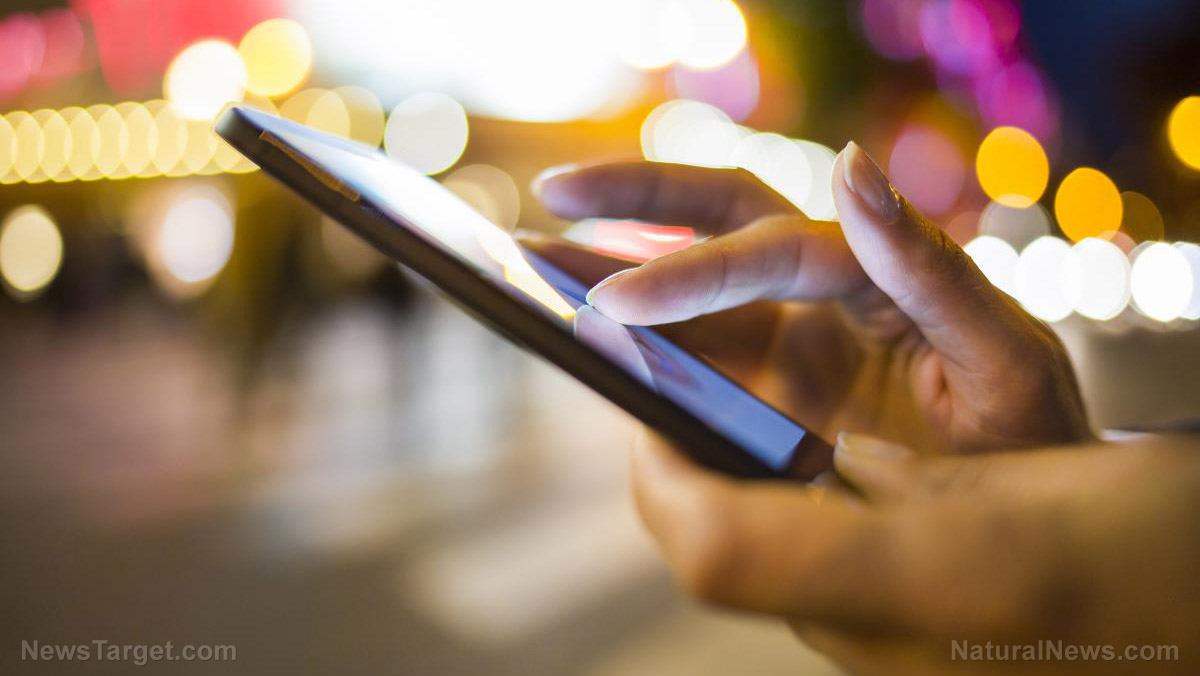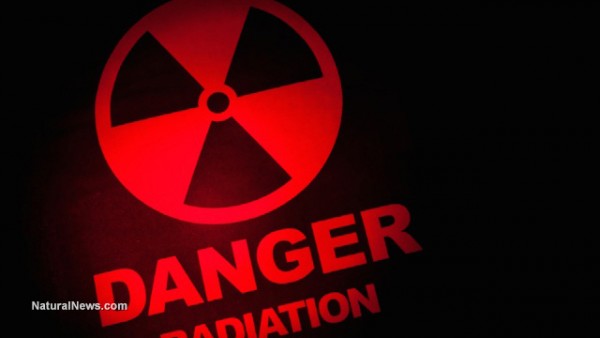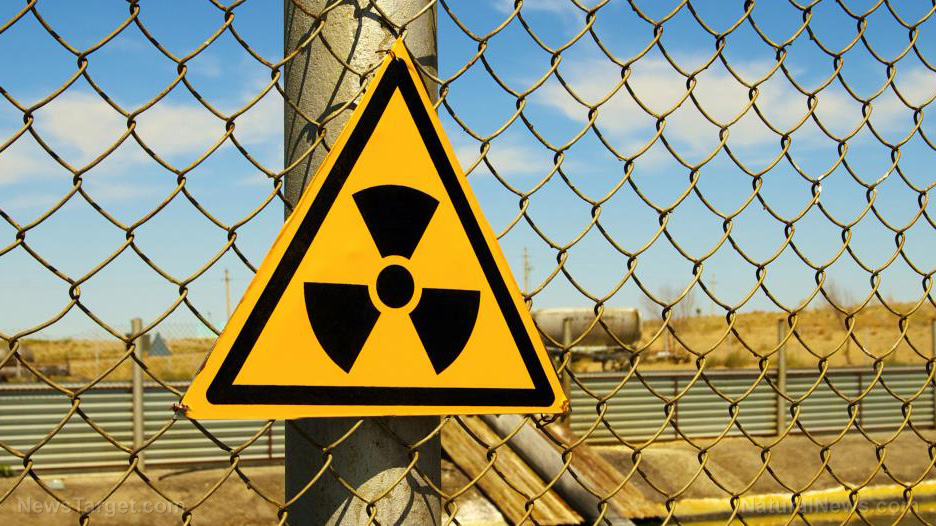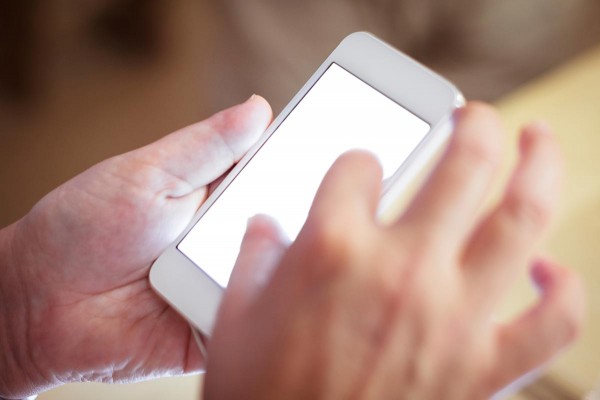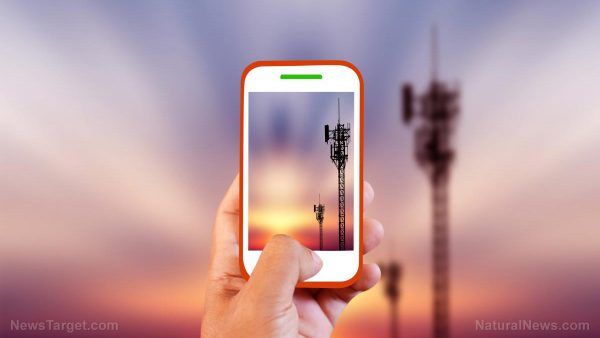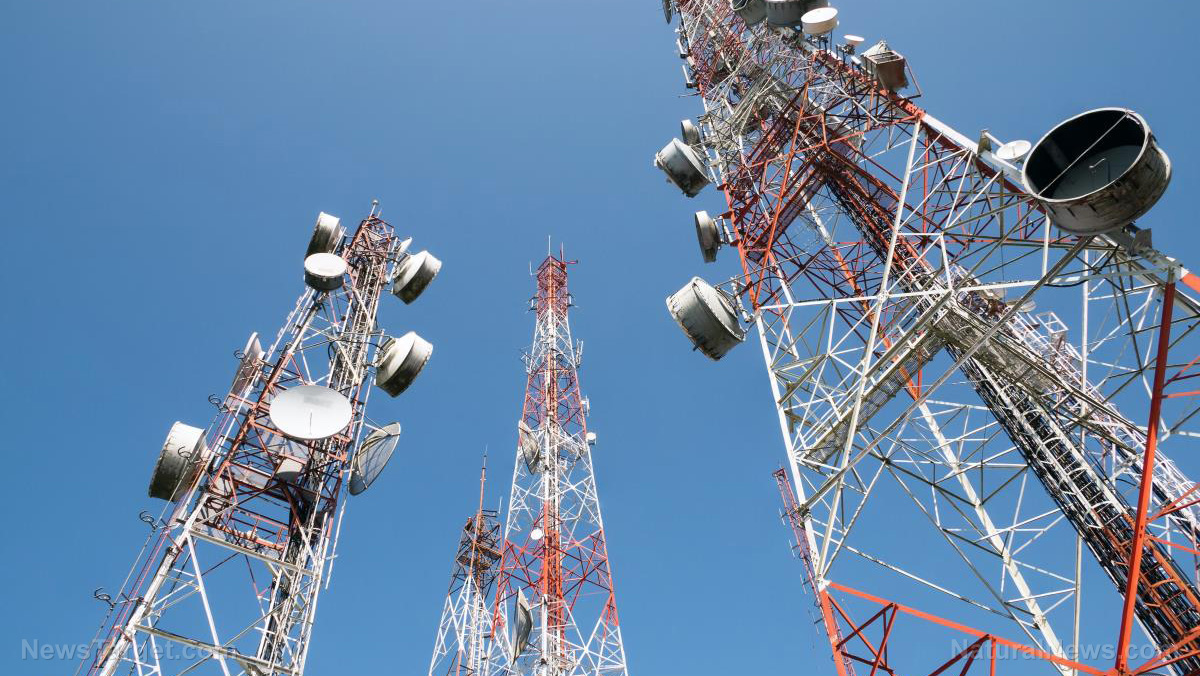Is your cell phone going to give you cancer? To some, this may not be news but for the smartphone generation, the risk of cell phone radiation could spell “big trouble.” New research has shown that yes, the risk of cancer via cell phone radiation is very real — and it’s nothing to sneeze at. While skeptics may say that the evidence found in animal studies just isn’t quite convincing enough, who really wants to throw caution to the wind when it comes to cancer?
It is well-documented that ionizing radiation — the kind from x-ray machines, for example — can increase cancer risks due to the “shredding” effect it has on bodily cells. But the risks posed by the non-ionizing radio-frequency radiation (RF radiation) emitted from cell phones has been harder to gauge. As Scientific American reports, RF radiation from cell phones is known to have one biological impact for certain: It heats up tissues by exciting molecules.
A recent set of studies conducted by the National Toxicology Program (NTP), which is an inter-agency government group that’s part of the National Institutes of Health, has taken a more in-depth look at the risk. Evidence from the study showed that rats exposed to RF radiation long-term became more susceptible to developing a rare type of tumor known as a “schwannoma.” Schwannomas are tumors that affect Schwann cells, which are a special type of neuron (or nerve cell) found in the peripheral nervous system. Further evidence of other cancers was also identified.
The two-year study featured 3,000 rats — making it the largest study of RF radiation and cancer to be conducted here in the U.S. As sources explain, the NTP researchers exposed the rats to “900 MHz and 1900 Mhz wavelength radio waves (each frequency being its own experiment) for about 9 hours per day, at various strengths ranging from 1 to 10 watts per kilogram.” They used “near-field” RF radiation to simulate how humans are exposed with cell phone use.
At 900 MHz, some evidence showed that male rats became more susceptible to malignant schwannoma tumors of the heart. There was also equivocal evidence of malignant glioma brain tumors in female rats. Other types of cancers were apparent in both female and male rats, though the link was unclear. “Nonneoplastic lesions” were also apparent in both genders at this level of RF radiation exposure.
At 1900 MHz, equivocal evidence of cancer in the lungs, liver and other organ tissues also became apparent.
Evidence is piling up
Another study, by Italian researchers from The Ramazzini Institute, looked at how far-field RF radiation affected the health of rats. Far-field exposure simulates the wireless RF radiation that we are basically bathed in day-in and day-out. Interestingly enough, this study produced similar results: Exposed male rats were substantially more likely to develop schwannomas of the heart.
Professor of preventive medicine and dean of the Colorado School of Public Health Jon Samet, who did not participate in either study, commented on the findings. He contended that the findings “confirm that RF radiation exposure has biological effects” in rats, with some of them being “relevant to carcinogenesis.”
Past research has also shown that the amount of radiation emitted from cell phones is substantially higher than what’s being reported by manufacturers.
When all of this is taken into account, it becomes clear that cell phones may pose a health risk much greater than previously suspected. While many epidemiological studies in humans have also pointed to an increased cancer risk, these also have their own limitations — particularly regarding the accuracy of self-reported data. But, even if self-reported amounts of cell phone use are unreliable, shouldn’t any link between cell phones and cancer be taken more seriously?
Read more stories about technology at Glitch.news.
Sources for this article include:
ScientificAmerican.com
TechCrunch.cocm

